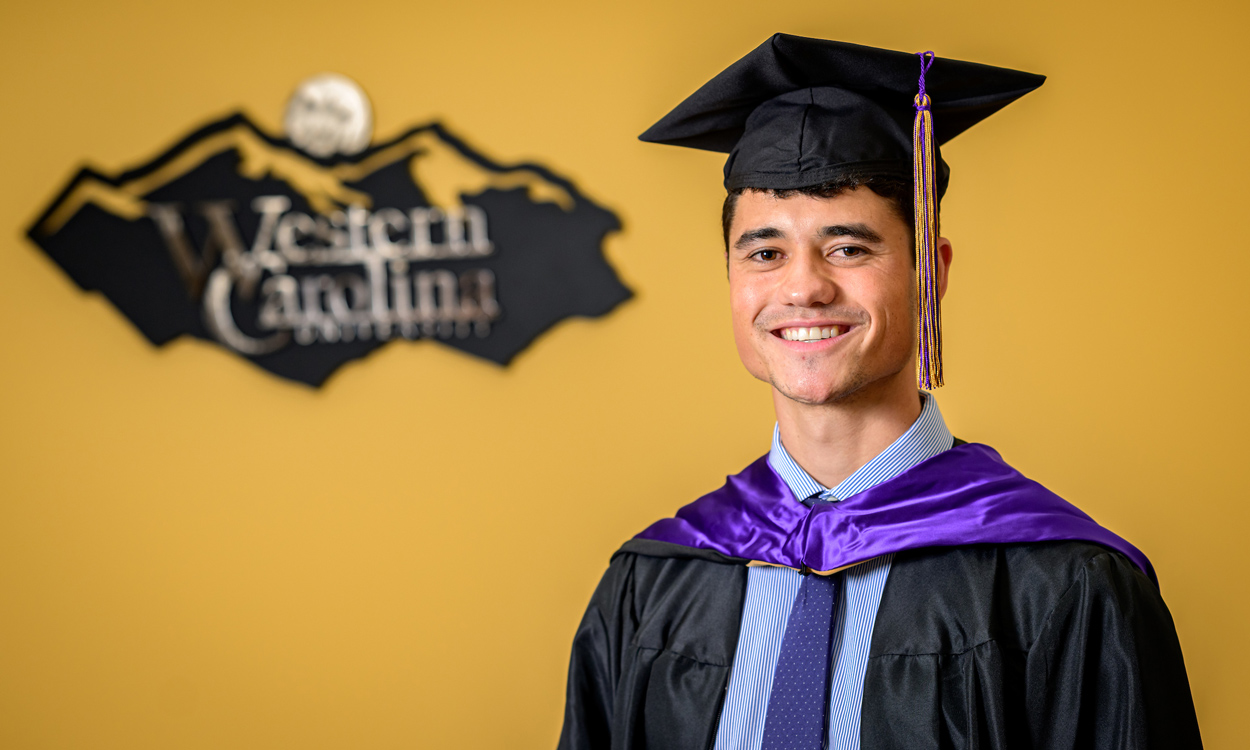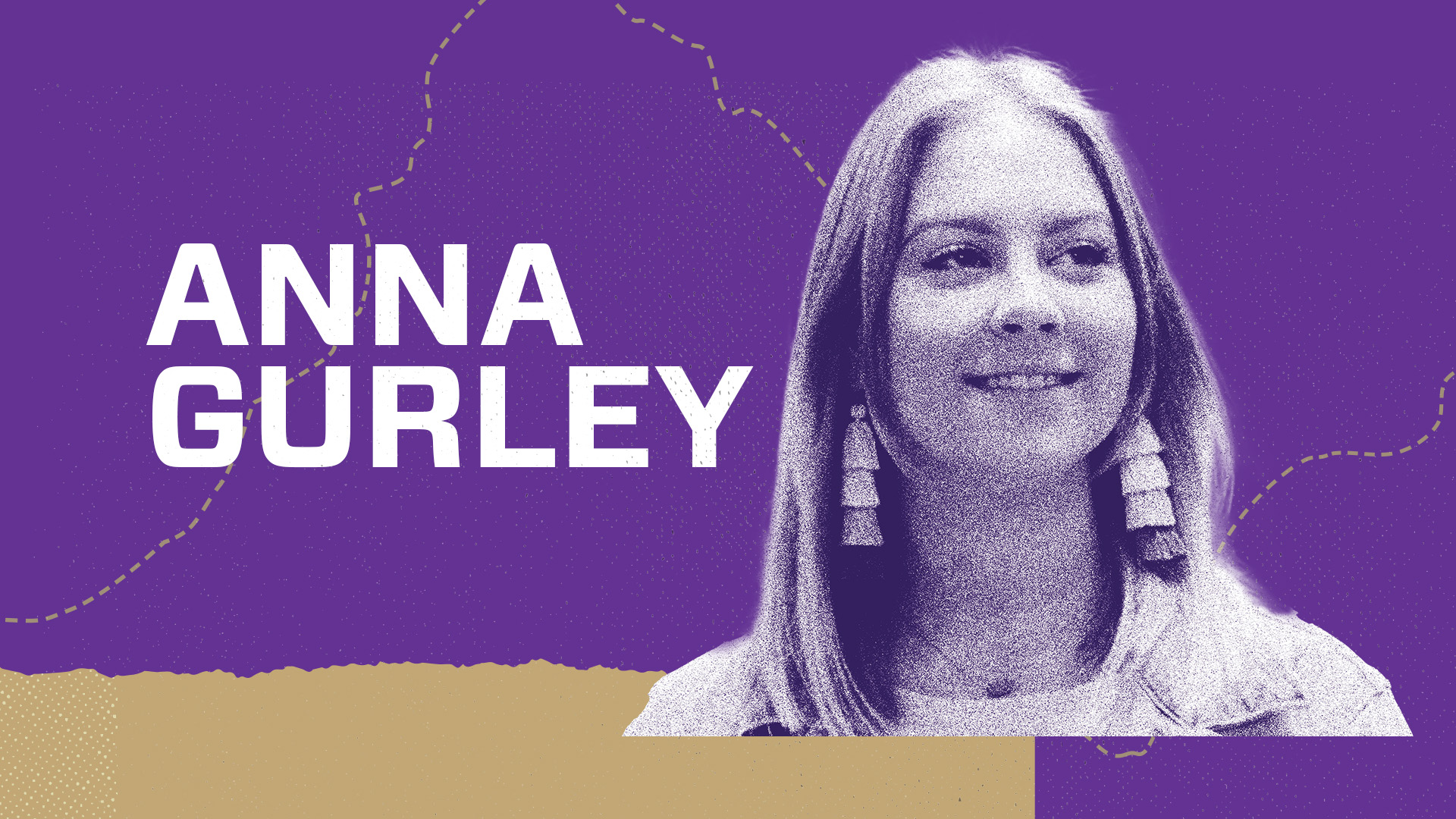- Commencement
- Graduates
- Two WCU Students Offered Chance to Present Research on National Level
Two WCU Students Offered Chance to Present Research on National Level
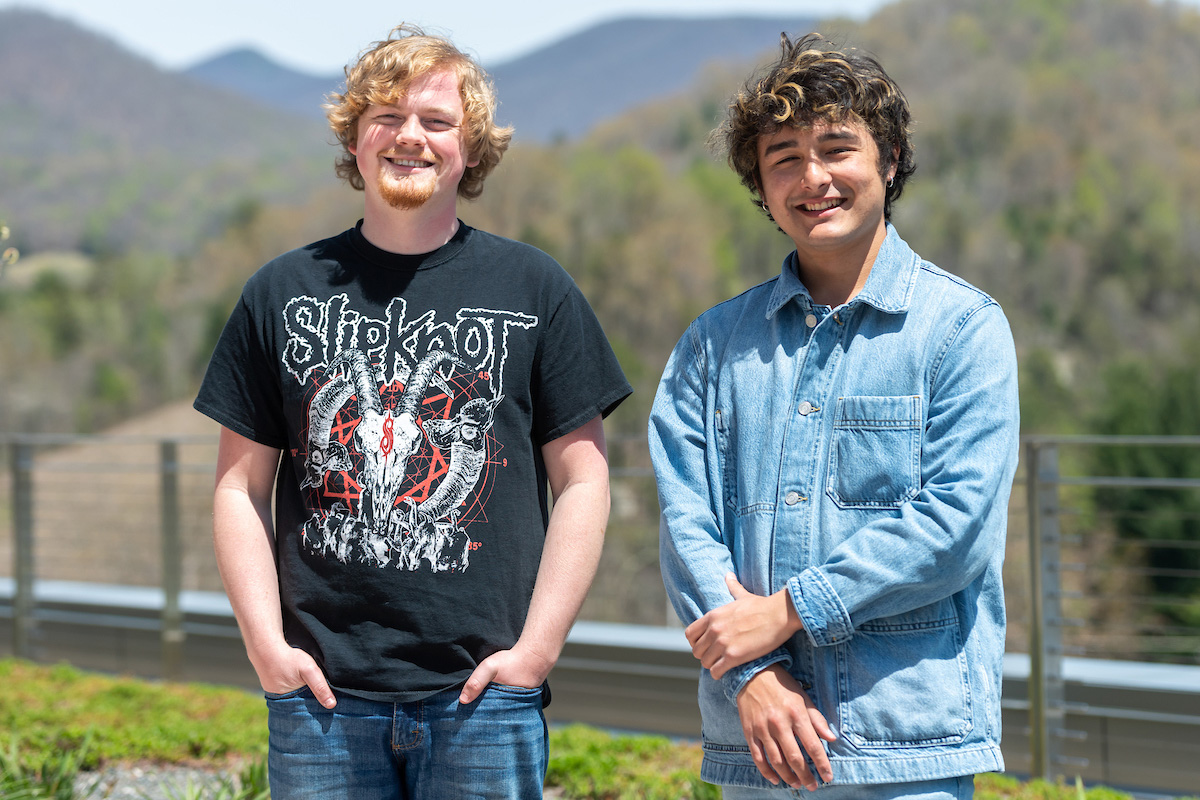
Western Carolina University students Matthew Tuten and Nathan Travis have a lot in common. Both are 22-year-old friends, graduating seniors and agree that their undergraduate experience at WCU has adequately prepared them for life beyond college.
But now they have one additional distinction to add to their commonality.
Both can add to their resume’s that they have successfully presented at Harvard University’s National Collegiate Research Conference.
“It is a competitive application and to be accepted speaks volumes of both Nate and Matt, their level of preparation and quality of work, and how they were supported by our WCU faculty in their pursuit of research,” said Kloo Hansen, WCU’s Coordinator for Undergraduate Research. “This conference provides participating students the opportunity to share their research and engage with a highly diverse community of student researchers and experts in the fields.”
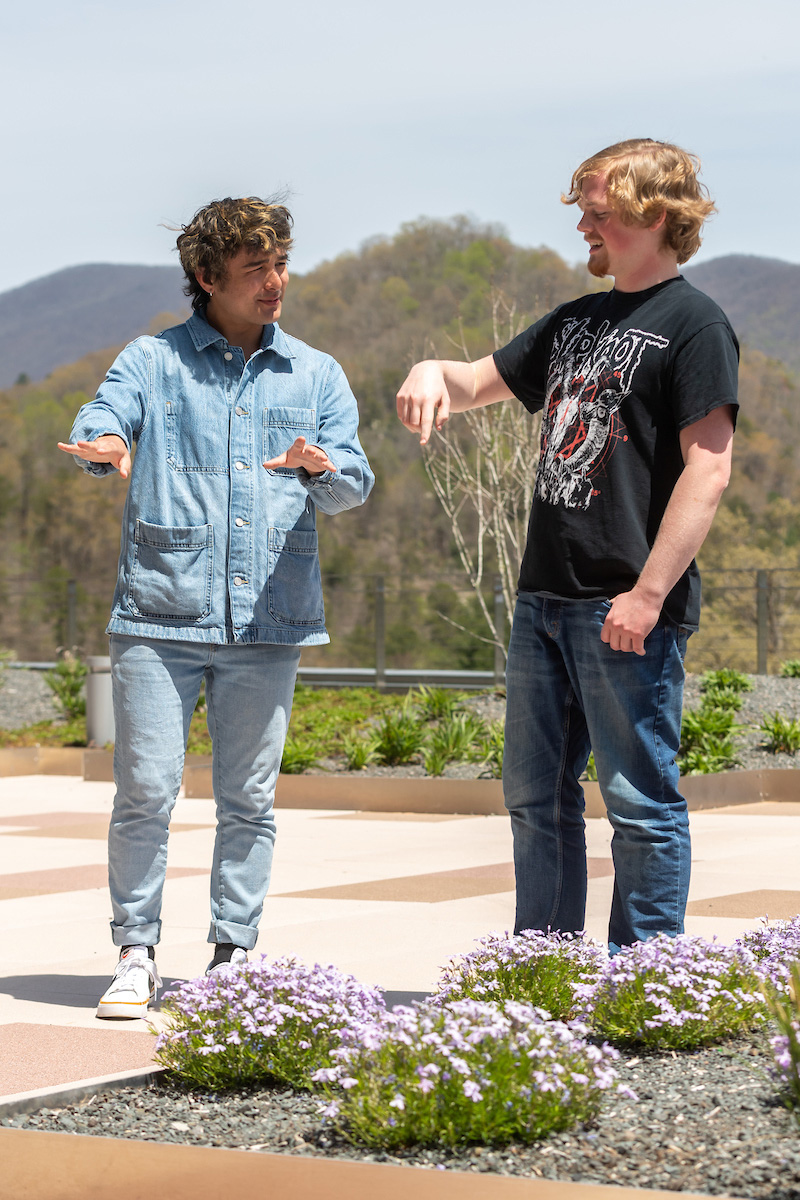
Although the in-person conference was postponed due to COVID-19 restrictions, the pair still were able to present virtually this past spring, showing scholars across the country that this regional comprehensive university can compete on a national level.
Travis, of Indian Trail, will be graduating as a double major in philosophy and mathematics. Tuten, a native of Okinawa, Japan, will be graduating as a double major in Philosophy and Political Science. He is also minoring in Japanese studies.
Travis describes his research as a “work-in-progress project” entitled “Redemption and Penance: Physical Humiliation, Bodily Harm, and Death Not Included.”
“It is simultaneously about reinterpreting what redemption ought to look like both within Jewish and Christian settings and within the American justice system,” Travis said. “I selected this topic because I subscribe to the philosophical school known as American pragmatism, which focuses on applied philosophy – it is about dealing with concrete or ‘real world’ problems.”
Using an early pragmatist’s thought, Josiah Royce, which argues that redemption or atonement is a communal project, Travis tried to help shift religious and justice system conversations away from punitive justice and toward community-driven reconciliatory and restorative justice.
Tuten’s research project was an investigation into the legacies of imperialism and forced cultural assimilation practices. He spoke about how the practices of assimilation have impacted cultural groups throughout time, with a focus on his Ryukyuan heritage. He suggested new ideas on how traditionally marginalized cultural groups who had been impacted by the legacy of imperialism could reclaim, retain and strengthen their cultural heritage.
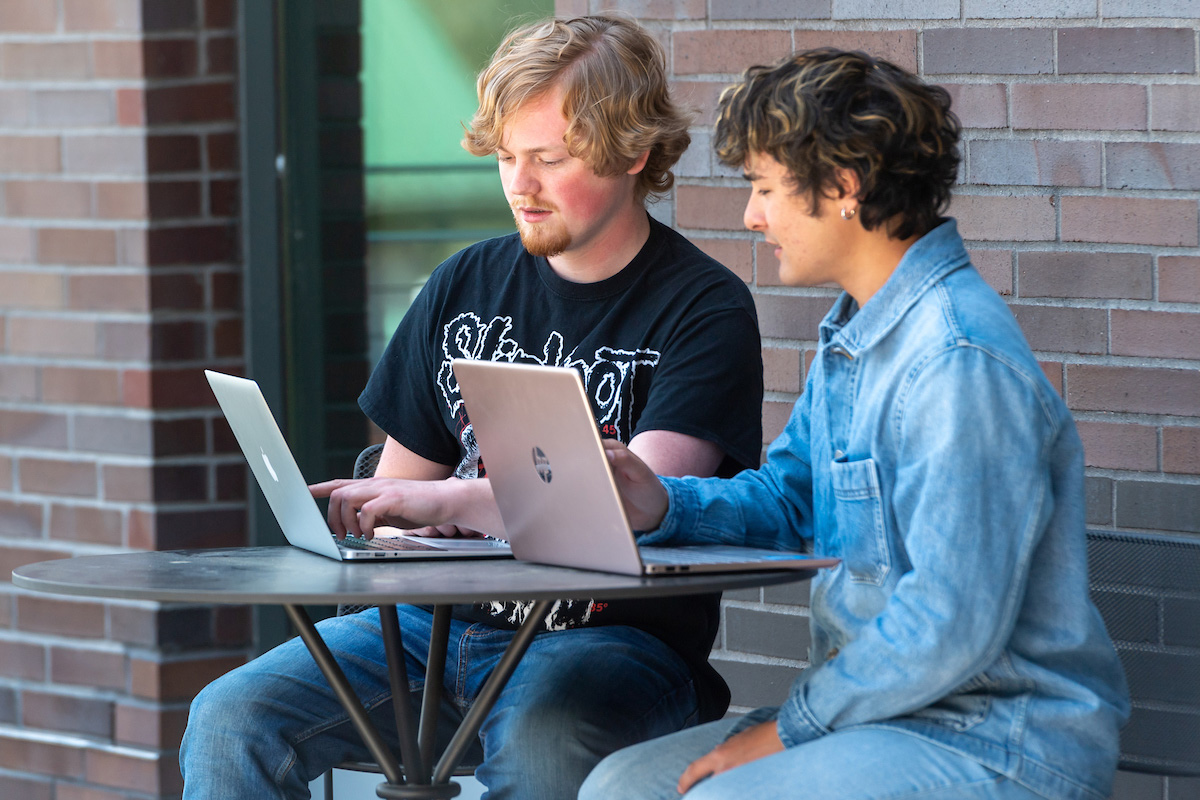
Now that the WCU seniors are near graduation, they are shifting their focus from undergraduate studies to graduate level work.
Travis was accepted on a full scholarship to attend the University of Chicago’s master’s of arts in divinity program in the fall. Tuten will be going directly into the doctorate program in philosophy at the University of Oregon.
Tuten is excited about the opportunity, but also exhorts a sense of humility about his intelligence.
“I think it’s good to have large ambitions, but I also think it’s important to be humbled,” Tuten said. “I think it’s good to learn that no matter how you know there is always going to be more stuff that you don’t know.”
Although it will be bittersweet for them to leave the mountains of Western North Carolina, both agree that WCU has prepared them for the future.
“My experience of doing this research and presenting other projects at eight different academic conferences has both helped steer my decision for graduate school and advanced my research and writing capabilities, which will be extremely helpful for graduate school.” Travis said. “Someday, I hope to be a professor of philosophy, so my research experience at WCU has been an amazing head start on the sort of research I will likely do as a university professor.”
